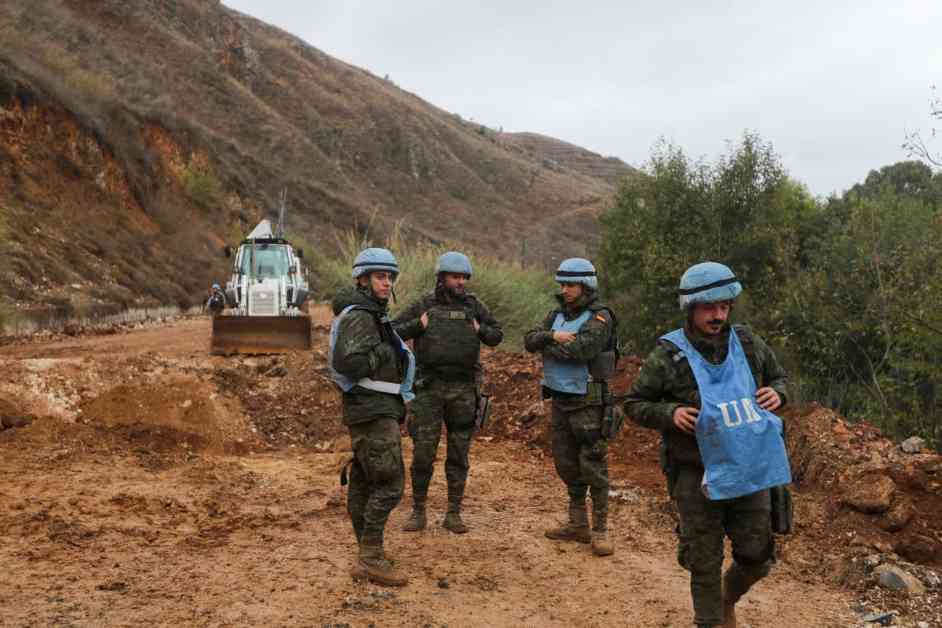The UK will continue to trade arms with Israel despite a ceasefire in Lebanon, as confirmed by Keir Starmer. The prime minister emphasized Israel’s right to defend itself, especially against attacks from Iran. The ceasefire in Lebanon, which lasted 60 days, saw both Israel and Hezbollah withdrawing from southern Lebanon. Starmer called for a broader ceasefire in the region to help end hostilities and build trust among all parties involved.
Although some MPs, like Brendan O’Hara from the SNP, criticized the UK’s arms sales to Israel as “morally repugnant,” Starmer defended the decision, stating that Israel needs the capability to defend itself against Iran. While some arms export licenses were suspended in the past, the UK will continue to support Israel in this manner.
Following recent air strikes by Israel on Iranian military targets, Starmer called for restraint and emphasized the need to avoid further escalation in the region. Priti Patel cautiously welcomed the ceasefire in Lebanon but noted that sustained international efforts are necessary for lasting peace. The release of hostages and an end to Israeli restrictions on aid in Gaza are critical steps towards resolving the conflict.
David Lammy expressed hope that the ceasefire agreement could lead to a pathway for lasting peace in the Middle East. He suggested that British troops could support the Lebanese armed forces to secure the peace deal. The Board of Deputies of British Jews welcomed the ceasefire and urged for further efforts to bring relief to civilians and achieve lasting peace in the region.
Overall, the ceasefire in Lebanon presents an opportunity to de-escalate tensions and work towards a broader peace settlement. International cooperation and support are crucial in ensuring the success of the ceasefire and paving the way for sustainable peace in the Middle East.












